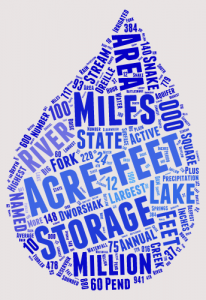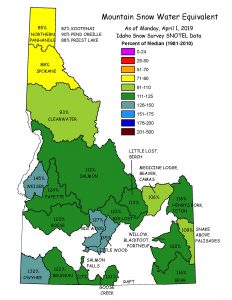- Flood Insurance Programs outside the NFIP NEW!
- How April 2015 Program Changes Will Affect Flood Insurance Premiums
- NFIP Cost Savings Datasheet for freeboard
- Insurance Reform Fact Sheet
- Homeowner’s Flood Insurance Affordability Act Overview
- Impact of changes to the NFIP under Section 205 of the Biggert-Waters Act
- A Summary of Premium Rate and Rule Changes
- Grandfathering Fact Sheet
- Flood Insurance Advocate Fact Sheet
- Elevation Certificates – Who needs them and why?
Questions to ask your Agent
Flood insurance is regulated by the Federal Emergency Management Agency (FEMA) which sets the prices and coverage’s available across the United States. The premium rates charged to flood policy holders by insurance companies and agents should, therefore, be all the same. Insurance companies or agents can not discount the rate or surcharge the rate for their benefit. However, the calculation of accurate rates requires that your insurance agent input adequate and accurate information. Because of the complexities involved in flood insurance, it is possible for an inexperienced agent to miscalculate a rate.
FEMA also publishes the Flood Manual used by agents and provides updates to the manual twice per year. These updates affect how polices are rated and include rules and regulations that ultimately affect the consumer. Even though an agent might have years of experience in the insurance industry they might not have experience with writing flood insurance. If you are in the market for flood insurance, you should ask your agent these simple questions:
- How many flood policies do you write per year?
You should be looking for someone who writes flood insurance on a regular basis—monthly as opposed to just a few times per year. - Do you attend any of the flood training classes available to agents or attend any of FEMA’s webinar classes?
Agents are only required to take a flood class once during the lifetime of their license. However, FEMA makes important changes twice per year and it is vitally important that agents take the initiative to stay current on their education. Agent errors ultimately affect you: the consumer.










